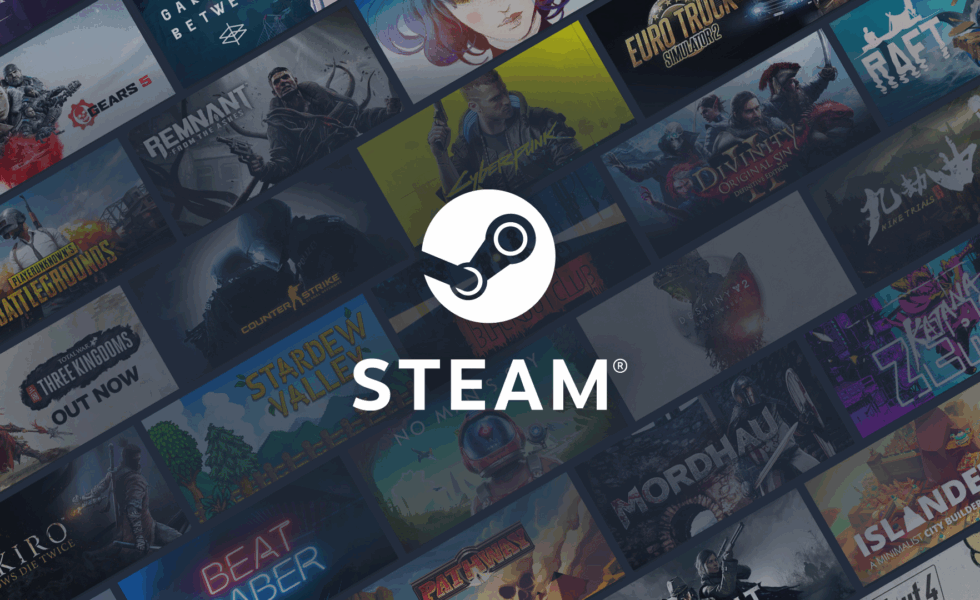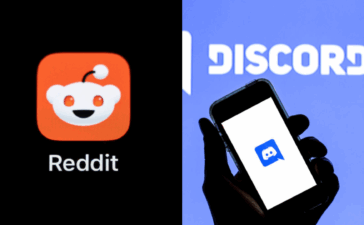Collective Shout, an anti-porn group, has claimed responsibility for Steam’s changes and decried gamers as ‘porn sick brain rotted pedo gamer fetishists’.
UPDATE 10:19 pm 21/7: article uipdated with statement from Ana Valens.
Earlier this month, Steam updated its censorship rules to prohibit specific types of content on its platform. If that sounds vague, you’d be right, and it’s why devs and gamers are anxious about these changes.
Steam’s new rule says that it will seek to prohibit: “Content that may violate the rules and standards set forth by Steam’s payment processors and related card networks and banks, or internet network providers.” To put it simply: if Visa, Mastercard and PayPal are unhappy, Valve will pull the game.
It’s unclear when this new rule came into effect, but as PC Gamer reports, the new rule has been implemented very recently, or at least, some time after April 14 this year per the Wayback Machine‘s last snapshot.
Valve didn’t make any official statement regarding this change; however, Collective Shout, an Australian anti-porn organisation, has taken responsibility for the change. Just last month, they launched several Change.org petitions calling for MasterCard, Visa, and PayPal to cut ties with Steam and Itch.IO.
Given the proximity of these changes, and that Steam’s new rule directly outlines these payment processors, it’s not a stretch to imagine this influenced the change.
The policy change is surprising given Valve’s previous statements regarding not wanting to moderate content on its platform except where legally required.
“If you’re a player, we shouldn’t be choosing for you what content you can or can’t buy. If you’re a developer, we shouldn’t be choosing what content you’re allowed to create,” said Valve in its statement.”
However, it’s looking like the platform is turning heel.
What happened?
Historically, payment processors have never had an issue with Valve and the games they sell. If a game was deemed too extreme and complaints were raised to the Australian Classifications Board, Valve would immediately pull the game from its store. The ACB would confirm this when speaking to PEDESTRIAN.TV:
“Where specific titles on Steam have been identified as non-compliant or potentially in breach of classification legislation, the Department has engaged directly with the platform. In each instance, including the case of No Mercy, Steam has voluntarily removed the offending content from its Australian storefront.”
We saw this scenario play out earlier this year. No Mercy was, as its Steam description stated, a “3D choice-driven adult Visual Novel with a huge focus on Incest and Male Dominance.” The game un-intentionally launched a PR crisis for Valve after mainstream news picked up that the platform was selling it for $17.75 AUD.

Collective Shout was one of the leading organisations pushing Steam to remove the game, launching a change.org petition which garnered over 70k signatures.
The game was quickly pulled from Steam’s store globally, however did little to address the ‘how’ a game like No Mercy was sold on a platform like Steam.
Realistically, it goes back to Valve’s ethos to not police what’s sold on their storefront, but also volume. According to Statista, an average of 41 games are uploaded to Steam per day. These games range from big-budget releases from expensive studios to small games released by independent developers. Valve does not manually approve any of these games.
Selling a game on Steam is also ridiculously easy. All someone has to do is build a store page and pay $100 USD. As you can guess, this has led to all sorts of games appearing on the platform and being recommended to gamers of all ages. These can range from misleading and broken games, to extreme pornographic titles like No Mercy.
And with No Mercy drawing plenty of sudden negative attention to its platform, it’s clear some have turned their eyes to make the platform implement hard changes.
Why do people have an issue with the change?
Gamers are usually a protective bunch, but there’s some validity here.
First and foremost, many have been calling for Valve to reconsider its content approval policy for games on its platform and to provide transparency for what content they’ll allow. This new policy continues Valve’s ‘hands off’ approach, committing that they’ll remove games so long as people ask. With this change as well, Valve has a clear argument to now allow a game back onto its platform, even if it was removed unfairly. This change removes nuance in a developer’s argument.
Another reason is that Collective Shout have made no friends in the gaming space. On July 18th, Vice President Melinda Tankard-Reist called those arguing against her “porn sick brain rotted pedo gamer fetishists”.
Further posts from the organisation suggested that 82 out of the 500 games the group took issue with were still available for purchase on Steam. PC Gamer has pointed out that the numbers do not add up. Associate Editor Ted Litchfield found only 456 games (including double-ups) had been removed from Steam since the 15th of July, including a number of unrelated games to Collective Shout’s complaints.
Furthermore, the org has received complaints for its seemingly over-puritanical agenda. Just today, it has been leading the charge to remove an erotic work of street art painted in Melbourne. Queer artist responsible for the work, Lauren YS has spoken out, claiming that the piece is about “empowerment and queer selfhood”. If a powerful org is aiming to steamroll over an artist’s intent to demand payment processors refuse to work with an entire platform, that sets a dangerous precedent.
Collective Shout also has a history of campaigning for controversial causes, such as banning hip-hop artist Tyler The Creator from Australia in 2015 and pressuring Target and Kmart to stop selling Grand Theft Auto 5, one of the best selling games in history, in Australia.
Waypoint, a gaming publication, originally reported on the connection between Steam and Collective Shout; however, its parent company, Savage Venture, pulled both articles shortly after publishing. The articles’ author, Ana Valens, alleged that they were removed due to concerns over their controversial content, rather than any error in the reporting.
Ana Valens and two other Waypoint writers, Shaun Cichacki and Matt Vatankhah, have since resigned from the site. “The reporting I did at Vice was urgent, necessary, and journalistically sound. I stand by my retracted articles and encourage readers to access their archived versions,” Valens told Blunt Magazine.
“Collective Shout and its allies NCOSE and Exodus Cry are engaging in a far longer history of pressuring payment processors to censor sex workers, adult content creators, and game developers. Payment processor policy changes have led to censorship at Patreon, Gumroad, DLSite, http://itch.io, Cuddly Octopus, Pixiv, and now Steam.”
Given Collective Shout’s campaigns against Steam have historically led to victories for the group, it’s likely we’ll see more campaigns from in the future.
We have reached out for comment from Steam as of writing.








